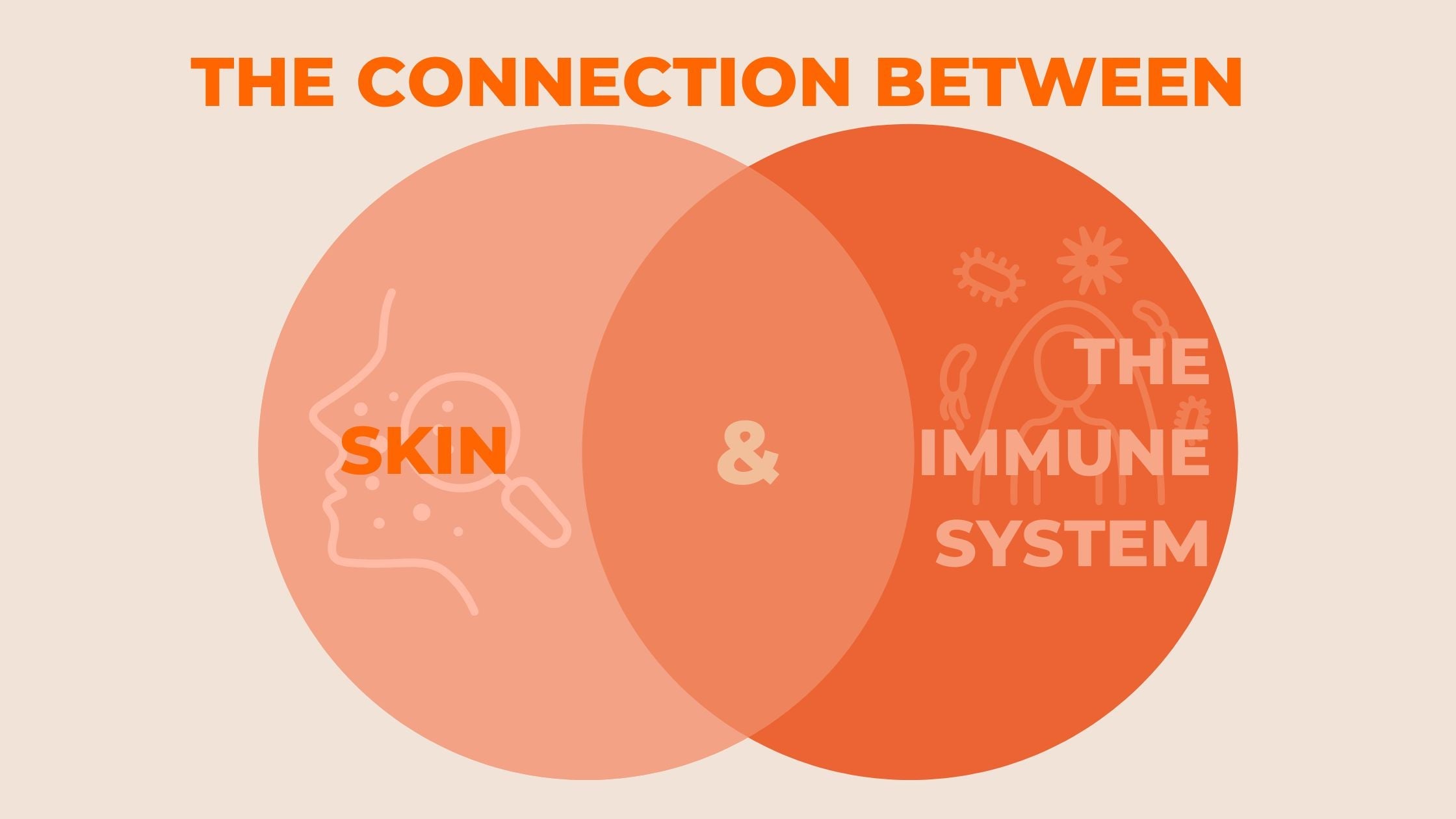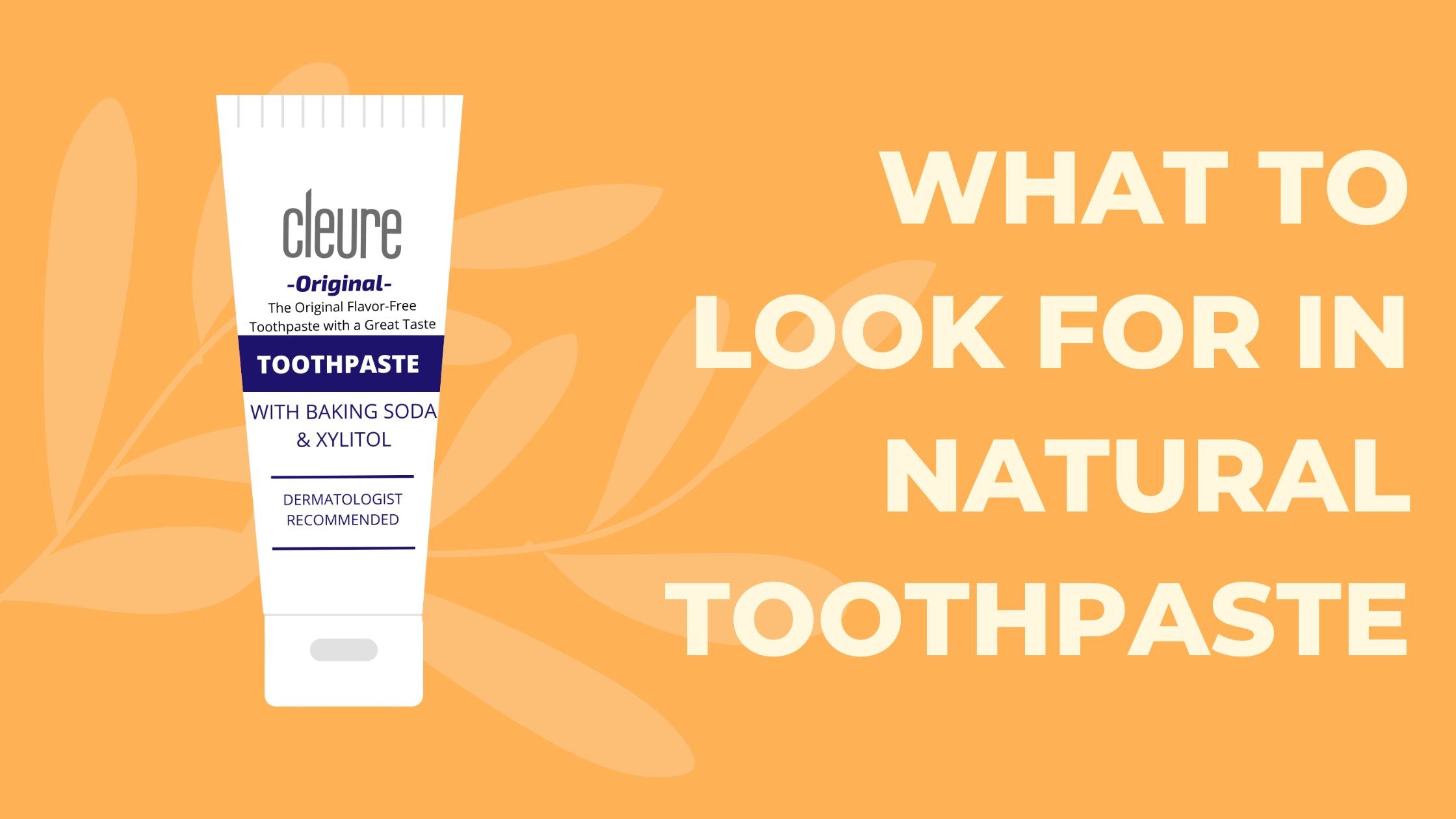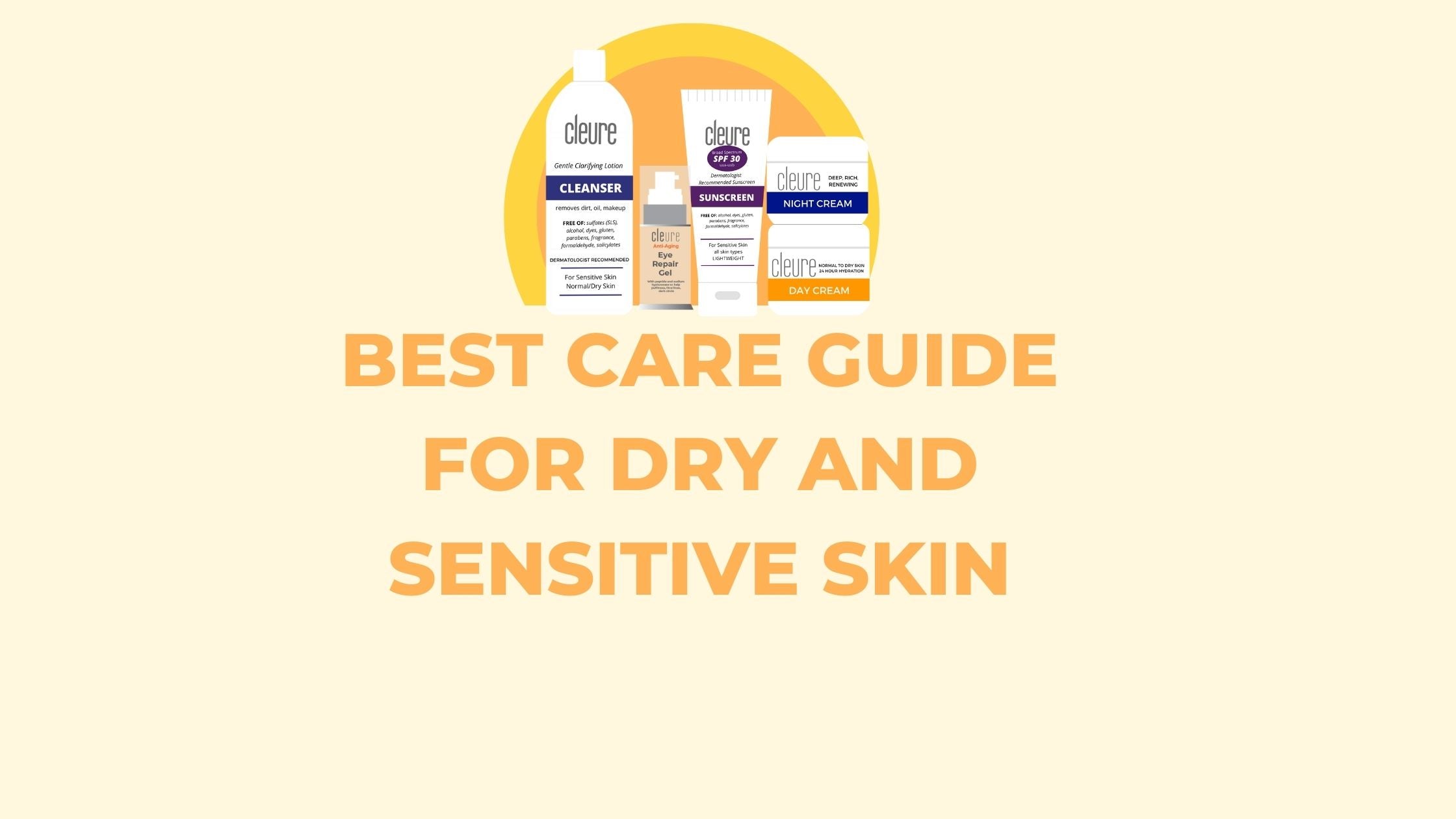
The Connection Between Skin and the Immune System
With illness in the air, I’m sure you’ve heard the same precautionary measures over and over: wash and sanitize your hands, cover your mouth with your arm when you cough or sneeze, and don’t rub your eyes, mouth, or nose. Well, another major contributor to our health and immunity is our skin, and if you take proper care of it, you can strengthen the boundaries against pathogens, and your immune system will thrive.
How Taking Care of Your Skin Boosts Your Immune System
Skin is our largest organ, and a lot of times we take it for granted. We see it for its effects on our appearance - breakouts, and freckles, and wrinkles (oh my!) But our skin is so much more than what it appears. Our skin is the first defense we have against bacteria, microbes, viruses, and toxins. The combination of skin cells and glands work as a shield, keeping out foreign invaders and then alerting other internal immune cells to fire up if need be.
While we may want our skin to look nice for reasons of (understandable) vanity, its main purpose is defending our bodies from illness, which is why taking good care of your skin is a necessity, especially when actively trying to boost your immune system to avoid illness.
Multiple factors can stifle the skin’s ability to vigorously fight against pathogens: air pollution introduces free radicals to the skin, harsh skin care products can disrupt skin’s delicate pH balance, the sun’s UV rays cause lasting damage to skin cells, and if you lack certain nutrients, the skin cannot work as effectively. Any changes in your skin that move it away from homeostasis deplete its bacteria fighting powers.
So, you’re worried about getting sick, and wondering if your skin is strong enough to be the shield it’s meant to be. Here’s some signs that things are off, and the steps you can take to build your immunity barrier to be as durable as possible.
How to Tell When Your Barrier is Breaking
When your skin is lacking key nutrients, it’ll make it clear. Water, omega 3s, vitamins A, C, and E, collagen, probiotics, fats, and proteins are all necessary for maintaining skin health, and therefore, immune health. Without these vital nutrients your skin will look dull, inflamed, irritated, and can show signs of premature aging. These are all warning signs from your skin that it needs help to do its job effectively. Your skin is a reflection of your health and vice versa, so here’s what you can do to take care of your skin so it can take care of you.
How to Help Your Skin Battle Pathogens
1. Skin Care
First of all, yes, it is necessary to avoid touching your skin as much as possible. Bacteria and oils on your hands can enter through pores or alter the skin’s pH. Our skin functions best with an acidic pH due to a protective barrier called the acid mantle. If there’s a shift in pH level and the acid mantle gets too alkaline, it cannot effectively act as a barrier from environmental stressors.
The products you choose to use on your skin can also negatively affect pH balance. Some harsh cleansers are loaded with sulfates which move the skin from acidic to alkaline. To avoid shifts in pH, wash your hands with a gentle soap for 30 seconds before cleansing with a sulfate free, pH balanced cleanser that will wash off bacteria and other pathogens without stalling the acid mantle’s protective abilities. Use a swipe of alcohol free toner afterwards for added restorative benefits for pH.
More information on skin pH and its effects here
Products that contain antioxidants are also essential, as they aid in fighting off free radicals which break down cell structure, and damaged cells aren’t an effective barrier against pathogens. Antioxidants provide vitamins like C and E which strengthen the skin’s barrier. Using a day cream and a night cream loaded with antioxidants will provide round the clock restoration to the skin so it can fight its best fight for your immunity.
2. Sunscreen
In order to maintain a strong barrier, your skin must also win the battle against the sun’s UV rays. Using a mineral sunscreen with Zinc Oxide is ideal because Zinc helps speed up cell growth, and more new cells means more barriers against both the sun and illnesses.
3. Diet
Being that the skin works from the inside out, you also need to put care in what you put inside your body in order to boost skin immunity to its full potential. Skin care is a great protective layer, but what will really have a long term effect on your skin and immunity is drinking lots of water, and eating foods rich in a wide variety of nutrients (vitamins, antioxidants, zinc, iron, and probiotics) to maintain overall health and skin health.
Everyone strives to avoid sickness and strengthen their immune system, and in order to reach its maximum potential you must do everything within your control to boost your overall health. Diet, exercise, sleep, and stress control are all important factors for boosting your immunity and staying healthy. Once you’ve built that steady foundation, you can refine your skin’s health to strengthen immunity even further.



Leave a comment
This site is protected by hCaptcha and the hCaptcha Privacy Policy and Terms of Service apply.